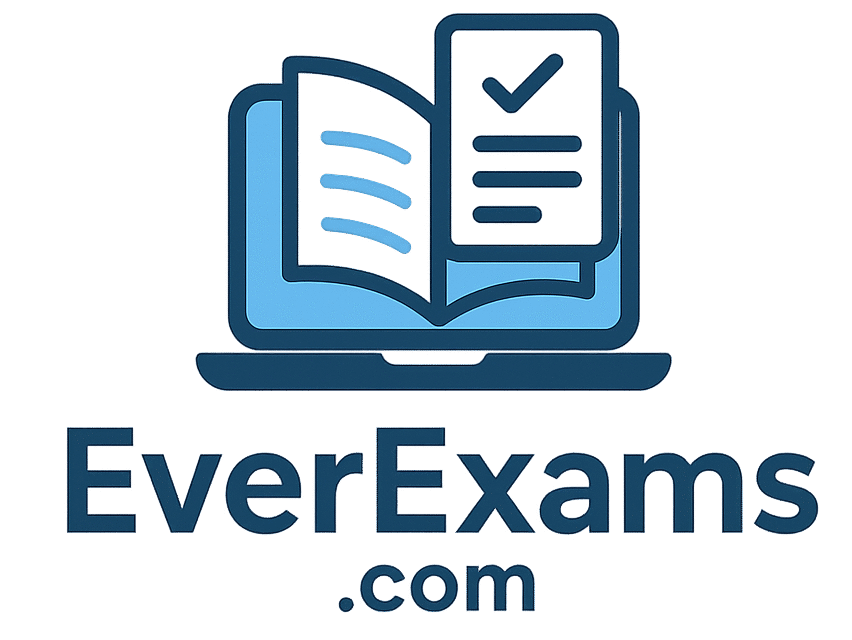Tag: patient data mcqs
-
MCQs: Patient Data, Drug Data, and Record Keeping Analysis
Chapter 3 topics with MCQs focused on Patient Data, Drug Data, Record Keeping, and Data Analysis. This resource covers essential concepts for efficient healthcare data management. Practice exam-aligned questions to...

